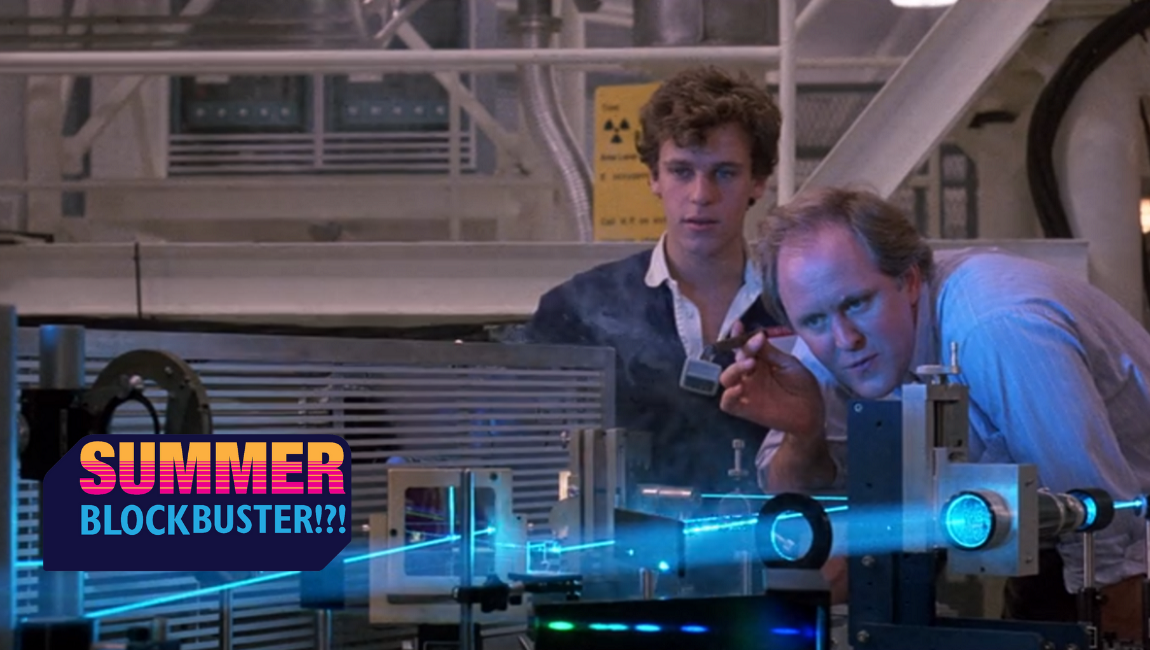Little Oblivions is a sonically expansive, linguistically mature step forward for Julien Baker.
“Faith Healer,” the third track on Julien Baker’s latest album, Little Oblivions, opens with a lament: “Oh, I miss it high, how it dulls the terror and the beauty.” Specifically, she’s singing of the paradoxical nature of substance abuse, the way it can flatten an individual, an inoculation against both joy and pain. Or, as she sings on album opener “Hardline,” it “split[s] the difference / between medicine and poison.” But on Little Oblivions, a record that is both a deepening of and doubling-back on the themes and emotions of her first two albums, it’s the use of “terror” and “beauty” that proves most instructive to the experience, each more present in these tracks than ever before. On the title track of her debut LP, Sprained Ankle, Baker sang, “Wish I could write songs about anything other than death,” and while she hasn’t exactly managed to divorce herself from that subject matter, she has left behind easy confessionalism for a deeper interrogation of what exactly singing of death means. “Appointments,” from sophomore effort Turn Out the Lights, found the songwriter considering that “maybe the emptiness is just a lesson in canvases,” before ending that track with what starts as a primal scream and fades into a whimper: “Maybe it’s all gonna turn out all right / Oh, I know that it’s not, but I have to believe that it is.” As a lyricist, Baker has always tended toward such portentous cogitations, but here they take more abstract linguistic shape, while also speaking to a new degree of emotional and experiential specificity.
Those two previous albums were released when the singer was 19 and 21, respectively, and so while it shouldn’t necessarily surprise that the now 25-year-old would evince a maturation, it’s no less impressive to find that Little Oblivions so successfully complicates her trademark fatalism. From Sprained Ankle to Turn Out the Lights, she progressed from bleak expressions of trauma and struggle to declarations of willful and cynical hope, almost a statement of intent for her continued survival. But on Little Oblivions, no such tidy summations suffice to capture her tendrils of thought. “Hardline” finds the singer both absent from and haunting herself — “Say my own name in the mirror / and when nobody appears / say it’s not so cut and dry,” just one in a number of self-recriminations across the album. Later, album closer “Ziptie” sees her facing the existential ennui of disappearing from one’s own life: “I was disappointed to find out / how much everybody looks like me.” Most evident, however, is the spectre of Baker’s relapse a few years back, which looms over much of Littles Oblivions’ lyrical content, and leads to some of the album’s most cutting, introspective moments: “I wish that I drank / because of you and not only because of me.”
Most important is that these thornier ruminations feel organic to Baker’s development, and her contention with life’s continued messiness brings about her best artistic instincts. Evolution is, of course, integral to any art, but even more so for musicians placed within the singer-songwriter box, as such raw feels can become dank in short order, resulting in an impression of angsty performativity that can easily undermine lyrical trenchancy and raw emotionalism. But even more pronounced than the enrichment of her writing is the expansion of her sound, newly feeling like a full rock outfit rather than a lone songstress. Turn Out the Lights added moody strings and a few more piano twinkles to the electric guitar plinking and warbles of Sprained Ankle, but the multi-instrumentalist fully opens up on Little Oblivions, showcasing bold progressions and sequences of heavy, guiding percussion. The aforementioned “Faith Healer” starts in the way of many of the singer’s tracks, before pounding drums and heavy piano strikes build immediate tension into the song. They quickly drop out, and a momentary lull ushers in another mini-crescendo, set to the end of track’s second line, an observation of rediscovered sobriety: “Now I see everything in startling intensity.” Elsewhere, Baker incorporates garbled synth blasts that sound ominously like alarms, guitar distortions, and some upbeat, puckish drums that work in tandem with her more melancholy inclinations.
The result of all this evident growth is an effort that feels legitimately dangerous, her bolder, sometimes even anthemic sound providing gloss to the pained exorcisms therein — the impression is something like hiding her pain in plain sight. Her sonic palette boasts both swells and respites that aren’t so easily found in her stark expressions of little oblivions and small, daily deaths, and the startling contrast marks a peak in Baker’s artistic voice. It’s not all easy listening, even as the singer softens her voice more than ever — fans will note the difference from her usual mode, mostly abandoning the melodrama of her punctuating, cathartic screeches. But it’s precisely these interpolations — the comforting into the painful, the novel into the familiar, the terror into the beauty, and vice versa — that make Little Oblivions her most challenging, lingering work to date.
Published as part of Album Roundup — February 2021 | Part 4.







